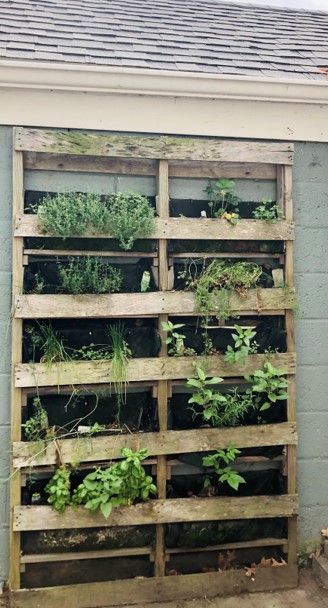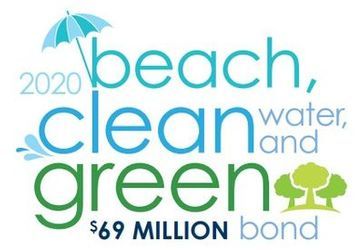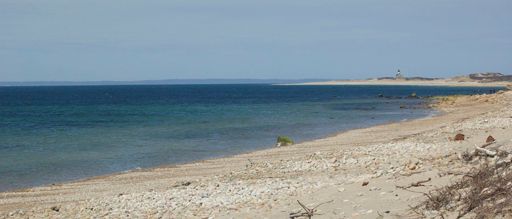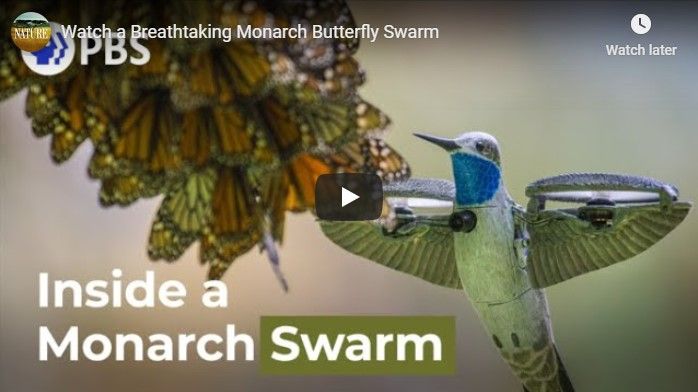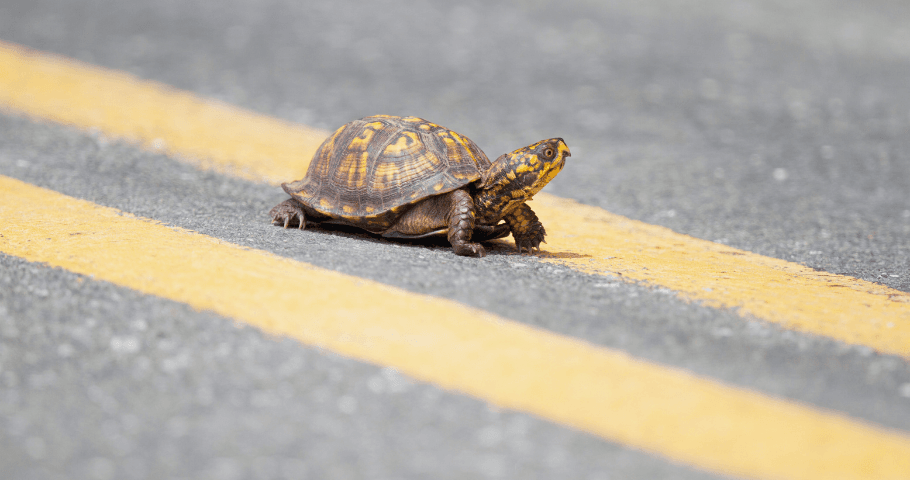
August 2020
The monthly Audubon Eagle Eye Advocacy Updates will provide you with simple actions you can take to help foster a cleaner, healthier planet along with local and national environmental news. Advocacy to protect birds and wildlife is a top Audubon priority and this work goes beyond testifying on their behalf on Smith Hill. Year round, we are working with our community partners and Rhode Island leaders to ensure the environment is a priority. These updates will keep you informed and ready to take action when the legislative session is upon us. As the newsletter continues, we are very interested in your suggestions and questions. Please send them to Audubon Senior Director of Policy Meg Kerr at mkerr@asri.org.
Sign up to get the Audubon Eagle Eye Advocacy Update in your inbox!
Build a Vertical Garden
Legislative Update
The $69 million 2020 Green bond includes the following components:
- State Beaches, Parks and Campgrounds: $40 million for capital improvements, likely to include upgrades at Goddard Park beach, Roger Wheeler Beach, Scarborough State Beach, Misquamicut State Beach, Brenton State Park, and state campgrounds.
- Clean Water and Drinking Water: $15 million in matching funds for the Clean and Drinking Water State Revolving Funds. These matching funds will unlock close to $74 million in federal funds.
- Local Recreation: $4 million in matching grants to create new as well as improve existing community parks and recreation facilities.
- Natural and Working Lands: $3 million to conserve forested land and farmland.
- Municipal Resilience Program: $7 million to help communities restore and improve resiliency of vulnerable coastal habitats, rivers and stream floodplains and infrastructure.
Some good news from Washington:
Congress Approves the Great American Outdoors Act
Send a note of thanks to Senators Whitehouse and Reed and to your Congressman (Cicilline, District 1 and Langevin, District 2)!
The Great American Outdoors Act (H.R.1957) was passed by the United States Congress in June and July, but has not yet been signed into law by President Donald Trump. It has two major components: fully and permanently funding the Land and Water Conservation Fund, and providing $9.5 billion in funding to address a maintenance backlog at American national parks.
The Land and Water Conservation Fund is America’s most important conservation program, responsible for protecting parks, wildlife refuges and recreation areas at the federal, state and local level. For 50 years, it has provided critical funding for land and water conservation projects, recreational construction and activities and the continued historic preservation of our nation’s iconic landmarks from coast-to-coast.
The Land and Water Conservation Fund has provided funding to help protect some of Rhode Island’s most special places and ensure recreational access for hunting, fishing and other outdoor activities. Rhode Island has received approximately $74.4 million from the Land and Water Conservation Fund over the past five decades, protecting places such as the Block Island National Wildlife Refuge and the Roger Williams National Memorial.
Forest Legacy Program (FLP) grants are also funded under LWCF, to help protect working forests. The FLP cost-share funding supports timber sector jobs and sustainable forest operations while enhancing wildlife habitat, water quality and recreation. For example, the FLP contributed to places such as the Tillinghast Pong Management Area in West Greenwich, Yawgoo Pond in South Kingstown and Canonchet Brook Preserve in Hopkinton. The Forest Legacy Program assists states and private forest owners to maintain working forest lands through matching grants for permanent conservation easement and fee acquisitions, and has leveraged approximately $8 million in federal funds to invest in Rhode Island’s forests, while protecting air and water quality, wildlife habitat, access for recreation and other public benefits provided by forests.

